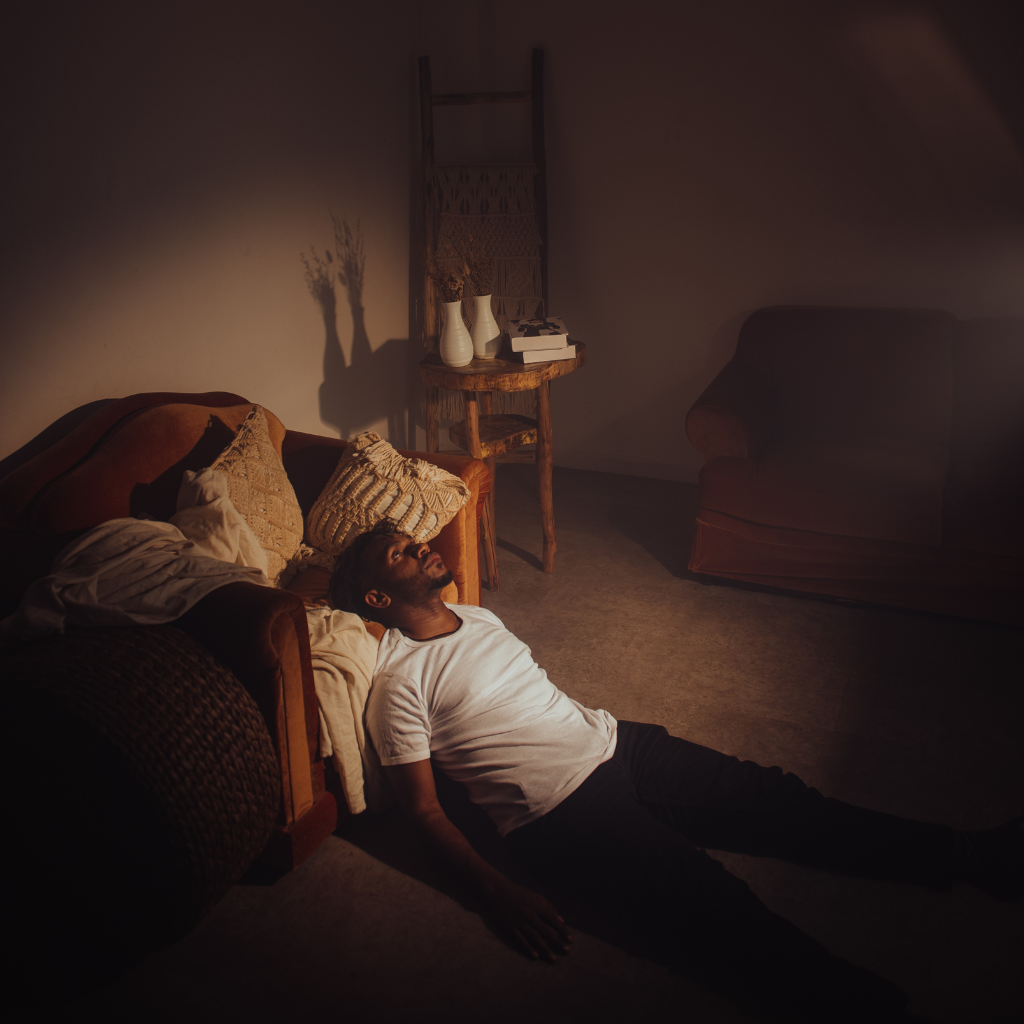
Living in a small town or on a farm in Missouri carries many strengths—close communities, familiar routines and a slower pace. But when it comes to mental health care, that same geography can make getting help harder. Long drives, a shrinking local workforce, fewer clinics—and sometimes the feeling that asking for help will be noticed—add up. How can telepsychiatry help close that gap, and what still needs to change so it works for the people who need it most?
The Scale Of The Challenge In Missouri
About one-third of Missouri’s residents—roughly 2.06 million people—live in rural counties. Missouri’s suicide burden is notable: in 2022 around 1,219 people died by suicide (about 19.1 per 100,000), and the state continues to rank above the national average on several measures.
At the same time, many rural counties are designated as mental health professional shortage areas (HPSAs). That means far fewer psychiatrists and specialists are available per resident compared with urban areas—creating long waits, travel burdens, and service gaps.
Those numbers are not just charts; they describe real people who may be discouraged from seeking care by the distance, cost, or the lack of local specialists.

Why Rural Patients Face Extra Barriers?
Multiple factors combine to limit access:
- Workforce shortages. Many rural counties lack psychiatrists, and clinics that once offered specialty care have closed.
- Transportation and time. Appointments can mean hours-long round trips or missed work.
- Stigma in small communities. Worries about privacy and being seen entering a clinic are real barriers.
- Unequal broadband access. Telehealth depends on a reliable internet connection; in Missouri a significant number of households still lack sufficient high-speed access. More than 1.26 million Missourians do not have access to high-speed internet—about 20% of the state’s population by some counts—making video visits difficult for many.
Given these obstacles, telepsychiatry is not a perfect cure—but it can be a practical, evidence-based tool to reduce distance and increase options.
What Is Telepsychiatry — And Does It Work?
Telepsychiatry means psychiatric services delivered remotely using secure video or (in some cases) phone. It can include intake evaluations, medication management, psychotherapy, and crisis follow-up.
The evidence supporting telepsychiatry is robust: multiple systematic reviews and meta-analyses show that telepsychiatry and telemedicine for psychiatric care produce clinical outcomes comparable to in-person treatment, with high levels of patient satisfaction and similar retention rates. In rural settings specifically, telemental-health programs have improved symptom scores and helped people who otherwise would have had little or no specialist access.
Practical Benefits For Rural Missourians
- Faster access to specialists. A video visit can connect a patient to a psychiatrist without a 100-mile round trip.
- Better continuity of care. Telepsychiatry makes follow-ups and medication checks easier to keep.
- Lower indirect costs. Less time off work, less travel expense, and fewer childcare or transportation barriers.
- Reduced stigma for some people. Virtual visits can feel more private than walking into a small-town clinic.
How To Access Telepsychiatry In Missouri?
- Check your insurance and coverage. Call your insurer or check MO HealthNet telemedicine guidance to confirm what’s covered and whether telepsychiatry requires a particular platform.
- Contact local clinics and FQHCs. Federally Qualified Health Centers and Rural Health Clinics increasingly offer telepsychiatry or can connect patients to distant providers.
- Ask about audio-only options. If video isn’t possible due to bandwidth, many programs still offer phone-based visits—ask whether that will work for your needs.
- Test your setup ahead of time. Try the app/platform and verify camera/microphone—and choose a private, quiet spot.
- Have crisis resources ready. If thoughts of harming yourself occur or an emergency arises, call or text 988 for immediate support (national and Missouri resources available).
System-Level Solutions That Help Telepsychiatry Succeed

Telepsychiatry can expand access only if broader systems support it:
- Expand and subsidize broadband in rural areas. Reliable internet is the plumbing of modern health care. Funding and targeted buildouts must continue.
- Sustain Medicaid and payer telehealth policies that cover video and audio visits. Clear, stable reimbursement encourages clinics to invest in telepsychiatry.
- Grow the workforce with incentives and training. Loan repayment, rural training tracks, and telepractice mentorship help attract psychiatrists and psychiatric nurse practitioners to serve rural areas.
- Integrate telepsychiatry with primary care. Embedding remote specialists into local primary care teams helps reach patients who already trust their clinics.
Frequently Asked Questions (FAQs)
Is Telepsychiatry As Effective As In-Person Care?
For many diagnoses—depression, anxiety, PTSD, and medication-managed conditions—telepsychiatry has shown comparable outcomes and high patient satisfaction in systematic reviews and meta-analyses.
Will My Insurance Pay For Telepsychiatry In Missouri?
MO HealthNet (Missouri Medicaid) covers many telemedicine services; private plans vary. Confirm coverage, copays, and whether audio-only visits are accepted before booking.
What If My Internet Is Unreliable?
Ask a clinic if phone (audio-only) visits are an option. Local public libraries, community centers, or health clinics sometimes provide private spaces with connectivity for appointments—ask ahead.
Final Thoughts
Telepsychiatry is not a silver bullet, but it can bridge the gap for rural Missourians needing timely, effective mental health care. At Animo Sano Psychiatry, we are trying to expand access through secure telehealth services, connecting patients to psychiatrists and therapy without the barriers of travel or distance. By making care more accessible, our goal is to ensure that high-quality mental health support is within reach, no matter where you live in Missouri.
Responsibly edited by AI
Other Blog Posts in
Animo Sano Psychiatry is open for patients in North Carolina, Georgia and Tennessee. If you’d like to schedule an appointment, please contact us.
Get Access to Behavioral Health Care
Let’s take your first step towards. Press the button to get started. We’ll be back to you as soon as possible.ecovery, together.





